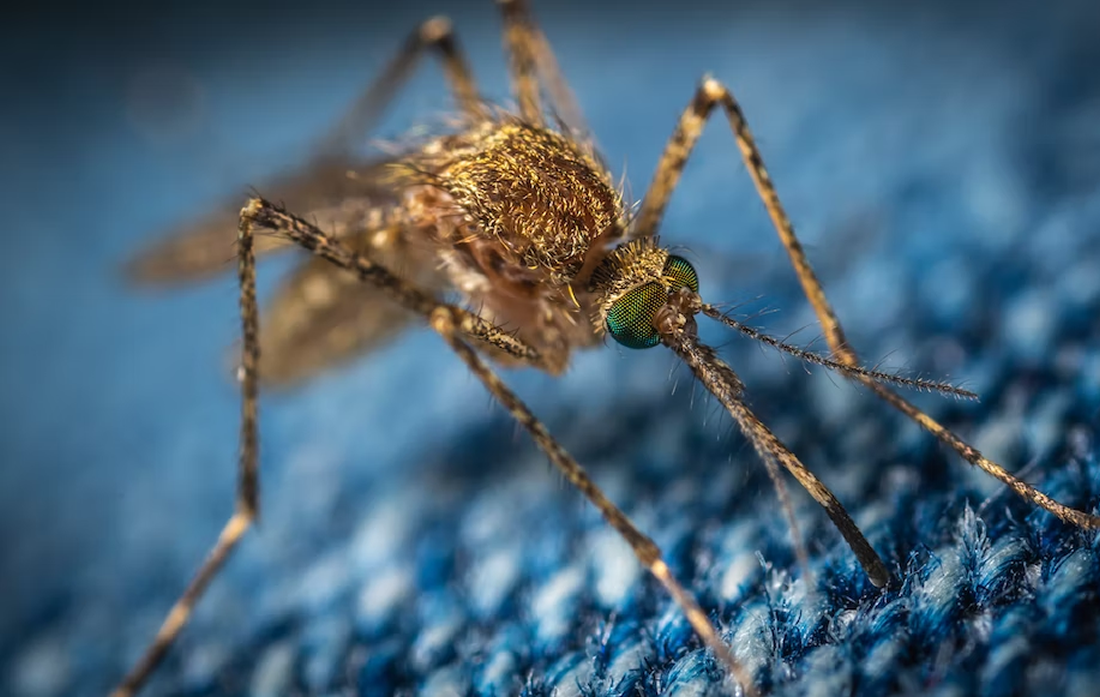Regenerative Medicine News and General Information
A Promise of Zika Vaccine
The outbreak of Zika virus (ZIKV) in 2015 to 2016 attracted global attention due to the dire teratogenic effects caused by this mosquito-borne RNA virus, including microcephaly and fetal mortality in infants born to infected mothers . As such, intense research efforts to develop effective therapies and prophylactic measures have pressed on, although to little avail . The development of safe vaccines against ZIKA promises to have a major impact on global health and reduce potential epidemics in the future.
Viral vector-based vaccine platforms use an antigen-encoding region from a pathogen of interest inserted into the genome of a different virus that has been altered to be replication deficient and nonpathogenic. Replication-deficient vaccine models have been studied for decades, with replication-defective herpes simplex virus 1 (HSV-1) strains showing robust stimulation of anti-HSV-1 immune responses in mice in 1992 .
However, studies utilizing KUNV, West Nile virus (WNV), yellow fever virus (YFV), dengue virus (DENV), and tick-borne encephalitis (TBE) virus as expression vectors show increased ability to deliver and express genes of interest after infection.
To date, no vaccines or other treatments have been approved for Zika virus. Nor have investigations into other ways of fighting the virus led to clearly effective countermeasures.
New research of a possible Zika Vaccine
Researchers from the University of California, Los Angeles (UCLA) have developed a Zika vaccine technology that is highly effective and safe in preclinical mouse models. In a pregnant mouse model, the vaccine prevented both the pregnant mothers and the developing fetuses from developing systemic infection.
Vaccinated mice showed elevated levels of cell-mediated immune response, in the form of increased effector T cell populations, as compared to mice that had not been vaccinated. The researchers also tested the vaccine in a variety of other mouse models, in which it proved safe and protective.
The average length of time between periods of extensive Zika viral spread is approximately 7 years. It is only a matter of time before we start seeing the virus spread again. To make matters worse, climate change is expanding the permissible habitats of mosquitoes like Aedes aegypti, which transmits Zika virus to humans, increasing the at-risk population.
The ongoing COVID-19 pandemic has shown us the power of a strong pandemic preparedness plan and clear communication about prevention methods. This research is a crucial first step in developing an effective vaccination program that could curb the spread of Zika virus and prevent large-scale spread from occurring.
SOURCE:
Gustavo Garcia, Nikhil Chakravarty, Angel Elma Abu, Arjit Vijey Jeyachandran, Kari-Ann Takano, Rebecca Brown, Kouki Morizono, Vaithilingaraja Arumugaswami (September 28, 2022). Replication-Deficient Zika Vector-Based Vaccine Provides Maternal and Fetal Protection in Mouse Model. Microbiology Spectrum, Retrieved from: https://journals.asm.org/doi/10.1128/spectrum.01137-22
IMAGE:
Photo by Егор Камелев on Unsplash.

